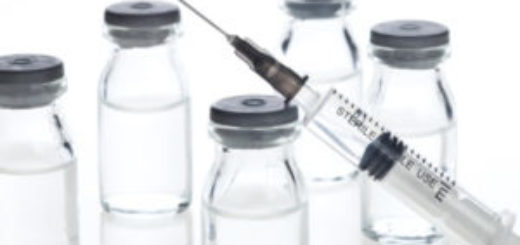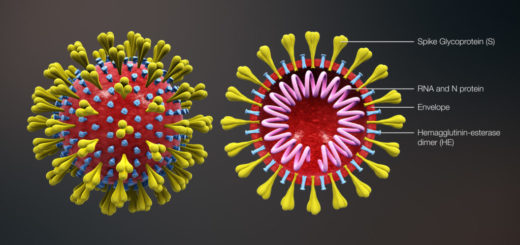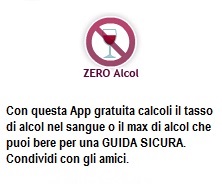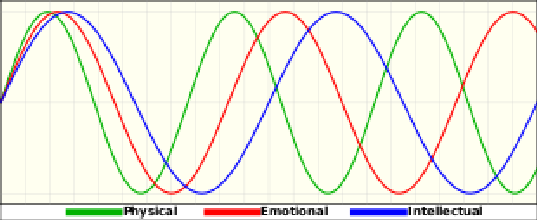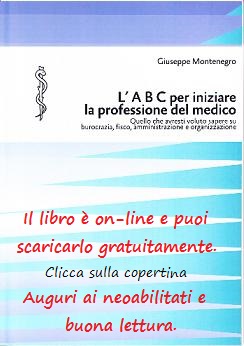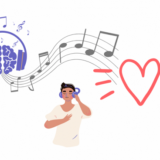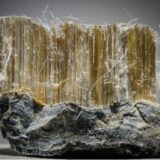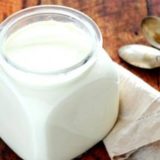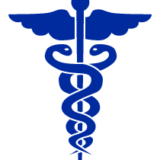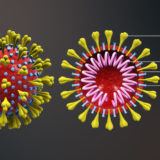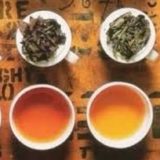Covid-19, dal caso Doshi all’uso delle notizie
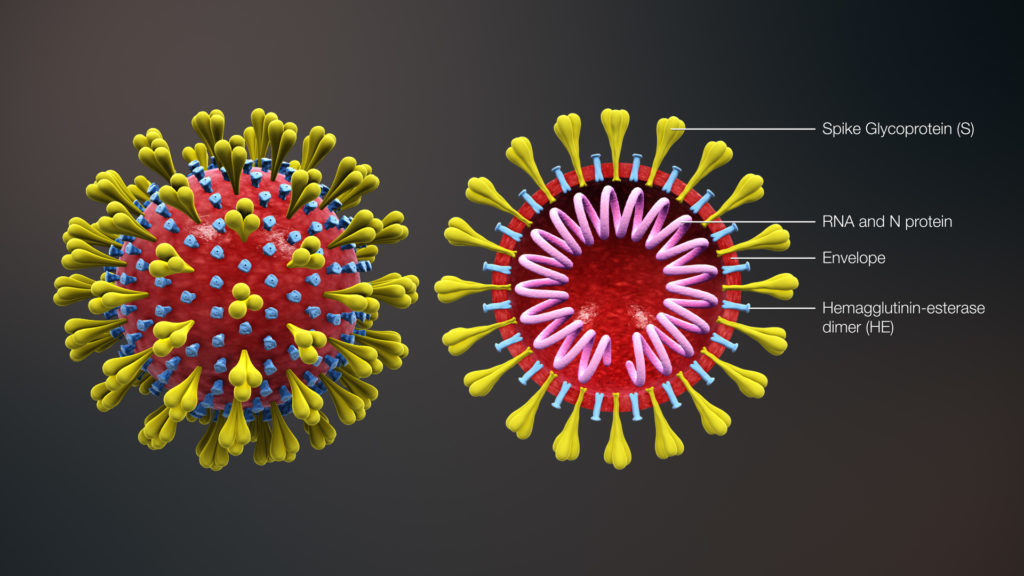
L’articolo pubblicato su “Scienzainrete.it”, del quale si riportano alcuni tratti, è una ulteriore riprova e invito a prendere con le “pinze” e dunque leggere con attenzione quanto pubblicato dalla carta stampata e dai media in generale in relazione alle complesse questioni poste dalla pandemia.
“FIDATI MA VERIFICA” è un vecchio detto russo che può essere assimilato ad un altro: “fidarsi è bene non fidarsi è meglio”, inteso nel mondo scientifico come verifica dei dati non solo finali ma, e principalmente, dal processo che li ha determinati.
E’ il caso del prof. Peter Doshi, scienziato dell’Università del Maryland, che ha richiesto di conoscere i dati di studio sui vaccini anti-Covid19 per poterne interpretare i risultati.
“Chi pratica il metodo scientifico ha la testarda abitudine (incomprensibile ai più) di trarre conclusioni dall’analisi di dati secondo i criteri di un’ipotesi di ricerca e applicando un metodo che consente la verificabilità intersoggettiva dei risultati.”
Il prof Doshi spiega le motivazioni della sua richiesta di dati grezzi, illustrandone i dubbi che emergono da quanto oggi è dato conoscere, cioè dai dati sinora resi pubblici.
“Le posizioni del docente americano vengono utilizzate per fargli dire, o meglio, per far dire al British Medical Journal che ha ospitato l’articolo di Doshi, che i vaccini autorizzati sono meno efficaci di quanto dichiarato (salvo poi specificare che in realtà si deve attendere ancora del tempo per saperlo).”
Ecco di seguito alcuni titoli che hanno trattato l’argomento.
I dubbi di Doshi (Bmj) sui vaccini Pfizer-BioNTech e Moderna. Cavaleri (Ema): “Loro efficacia sicura e confermata, ecco perché” (quotidianosanità.it)
Poiché in questo articolo è riportata l’intervista a un rappresentante dell’Ema, per chi volesse conoscere un documento pubblicato sul sito dell’Aifa e redatto da componenti dell’Ema ed altre organizzazioni sanitarie.
Il dubbio di BMJ, vaccini Covid molto meno efficaci di quanto fin qui asserito (rifday.it)
“L’efficacia tra il 19% e il 29%”. Ecco lo studio che rivede i vaccini. Una vera e propria bomba mediatica viene lanciata sui vaccini Pfizer e Moderna dal professor Peter Doshi che ha analizzato i dati sulla richiesta di approvazione da parte delle due case farmaceutiche scoprendo che la loro efficacia è molto al di sotto dei dati rilasciati (ilGiornale.it)
Vaccino Covid, dubbi sull’efficacia: è solo del 29% secondo il British Medical Journal (Money.it)
“Troppi segreti”. Così la bibbia inglese della scienza stronca i tre vaccini anti-Covid (IlTempo.it)
“…parlare di scienza è cosa molto delicata, da maneggiare con estrema cautela anche da parte degli addetti ai lavori, … Essere un professionista della comunicazione non implica automaticamente il dono dell’onniscienza. Dall’altro lato, ricercatori bravissimi fra le mura dei loro laboratori non sono per questo qualificati a “fare comunicazione”, … È la rivincita dei geek.”
Infine, a supporto che la richiesta del prof. Doshi ed altri sia più che legittima, il pensiero del prof. Garattini, farmacologo, fondatore e presidente dell’Istituto Mario Negri, “Avere a disposizione i dati singoli in base ai quali Fda e Ema hanno valutato e autorizzato i vaccini Pfizer e Moderna è essenziale”.(ilsalvagente.it)
The article published on “Scienzainrete.it”, of which some features are reported, is a further proof and I invite you to take it with “pliers” and therefore read carefully what has been published in the press and the media in general in relation to complex issues raised by the pandemic.
“TRUST BUT VERIFY” is an old Russian saying that can be assimilated to another: “to trust is good not to trust is better”, understood in the scientific world as verification of not only final data but, mainly, by the process that determined them .
This is the case of prof. Peter Doshi, a scientist at the University of Maryland, who requested to know the study data on the anti-Covid vaccines19 in order to be able to interpret the results.
“Those who practice the scientific method have the stubborn habit (incomprehensible to most) of drawing conclusions from the analysis of data according to the criteria of a research hypothesis and applying a method that allows the intersubjective verifiability of the results.”
Prof. Doshi explains the reasons for his request for raw data, illustrating the doubts that emerge from what is known today, that is, from the data made public so far.
“The positions of the American teacher are used to make him say, or rather, to make the British Medical Journal that hosted Doshi’s article say, that authorized vaccines are less effective than declared (only to specify that in reality one must wait some more time to find out). “
Here are some titles that have dealt with the topic.
Doshi’s (BMJ) doubts about Pfizer-BioNTech and Moderna vaccines. Cavaleri (Ema): “Their safe and confirmed effectiveness, that’s why” (Giornianosanità.it)
As this article contains an interview with an EMA representative, for those wishing to know a document published on the Aifa website and written by members of the EMA and other health organizations.
BMJ’s doubt, Covid vaccines much less effective than previously asserted (rifday.it)
“The effectiveness between 19% and 29%”. Here is the study that reviews vaccines
A real media bomb is launched on Pfizer and Moderna vaccines by Professor Peter Doshi who analyzed the data on the request for approval by the two pharmaceutical companies, discovering that their effectiveness is far below the data released (ilGiornale.it)
Covid vaccine, doubts about efficacy: it is only 29% according to the British Medical Journal (Money.it)
“Too many secrets”. Thus the English bible of science crushes the three anti-Covid vaccines (IlTempo.it)
“… talking about science is a very delicate thing, to be handled with extreme caution even by experts, … Being a communication professional does not automatically imply the gift of omniscience. On the other hand, very talented researchers within the walls of their laboratories are therefore not qualified to “communicate”, … This is the revenge of the geeks. “
Finally, to support that the request of prof. Doshi et al is more than legitimate, the thought of the
prof. Garattini, pharmacologist, founder and president of the Mario Negri Institute, “Having the individual data on the basis of which Fda and Ema have evaluated and authorized Pfizer and Moderna vaccines is essential”. (Ilsalvagente.it)

Quest’opera è distribuita con Licenza Creative Commons Attribuzione – Non commerciale – Condividi allo stesso modo 4.0 Internazionale


